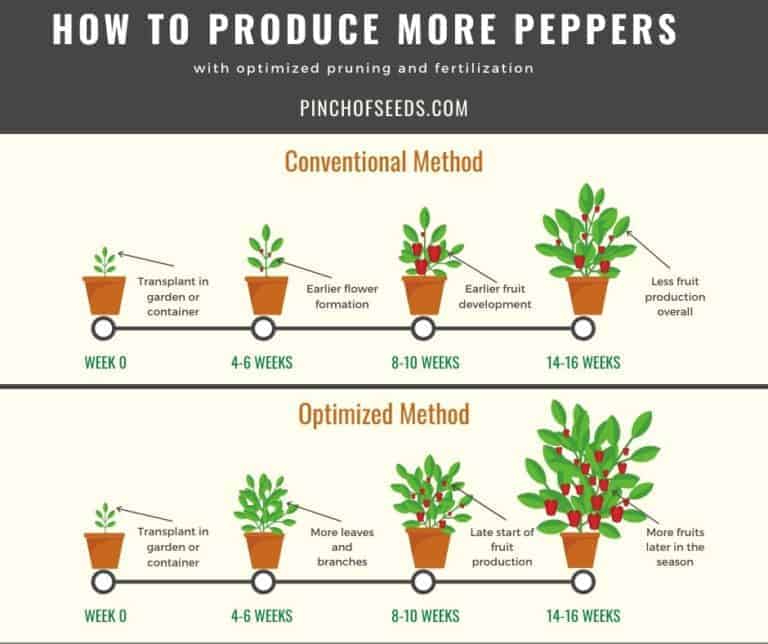

Keep in mind that if your soil is poor, you will need to fertilize your plants. Of course, they thrive in rich organic soil, but they do not need special treatment. Pepper plants grow in a variety of soils.If you wish, add fertilizer or manure before planting. Choose good quality soil or pot mix for growing your Pepper that facilitates good drainage. Keep the soil moist but do not give it too much water. Pepper plants require well-drained and airy soil. Acidic soil is not suitable for Pepper cultivation. Peppers can be grown in all soils, but sandy loam, clay loam, and loamy soils with a pH of 5.5 to 7 are best. It is grown in areas where 25-30 inches of rain falls annually as a rainfed crop. Image Source Top 18 steps to boost Chilli/Pepper yield Step 1: Soil and climate for high crop yieldĬhili is a plant of tropical and sub-tropical regions it grows well in hot and humid climates and temperatures of 20 to 25☌. Let’s check out the top 18 steps to boost Chilli/pepper yield. Peppers are popular because they produce a crop relatively quickly. Pepper is also called Chilli, which belongs to the genus Capsicum, the family Solanaceae. Different varieties are grown for vegetables, pickles, spices, and condiments.

I simply water them every now and then, and they are ready to pick up right where they left off once Spring rolls around.įor places that do encounter frost, here are the steps to keep those plants alive.Pepper is considered one of the most critical commercial spice crops, and it is called Wonder Spice. I’m in Southern California and I leave my container grown plants outdoors all winter.

Note: if you live in a warmer climate that does not have frost and doesn’t get too cold, your plants should be fine outside over the winter. To produce fruit, peppers need higher temperatures and greater amounts of light than the average US homes can provide in the winter. Overwintering peppers isn’t overly complicated, but below are a few tips to make the process successful. If your peppers are in the garden, vs in containers, you will have to dig them up, plant them in a container and bring them indoors. If you plan on overwintering pepper plants, realize that this will keep the plant alive, but it will not produce fruit. With a little pepper winter care indoors, you can keep your pepper plants alive through the winter frost. If you don’t want to hassle with seed-starting in the spring, or if you have a particular pepper plant you love, try overwintering it and you’ll have more peppers earlier in the season.


 0 kommentar(er)
0 kommentar(er)
